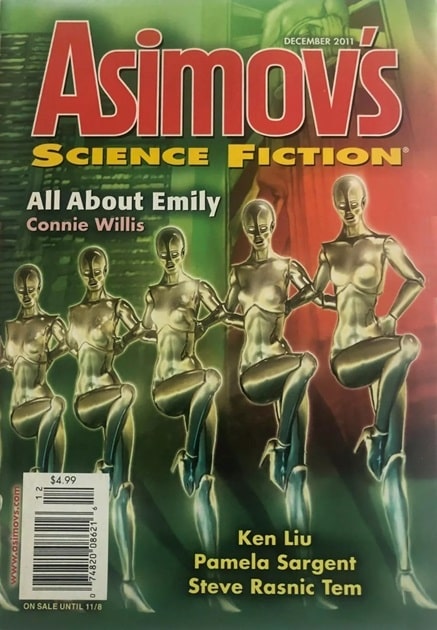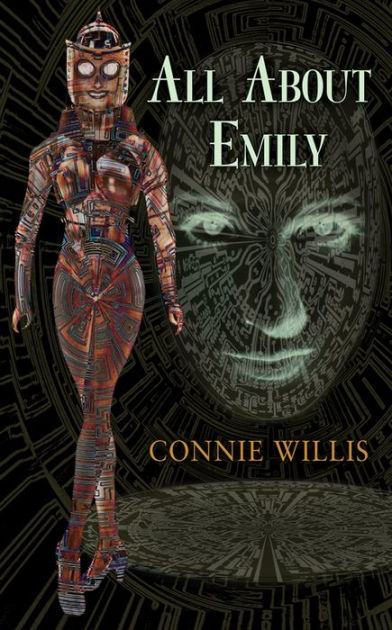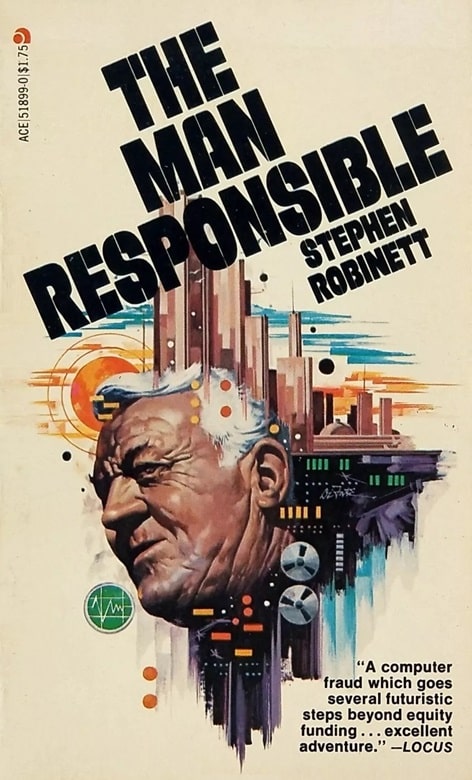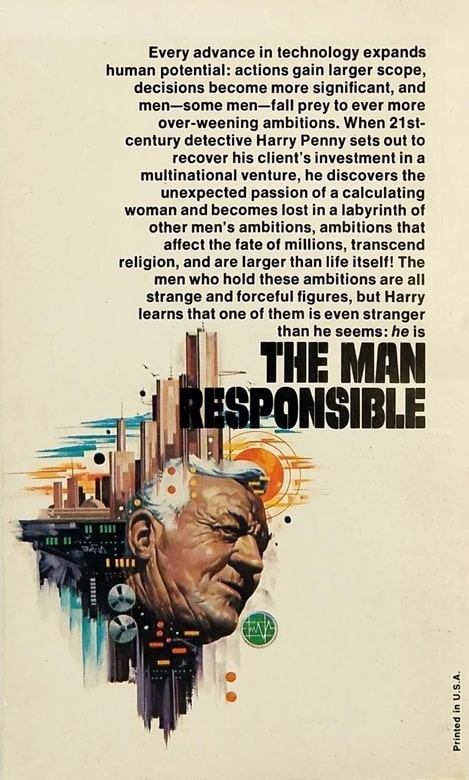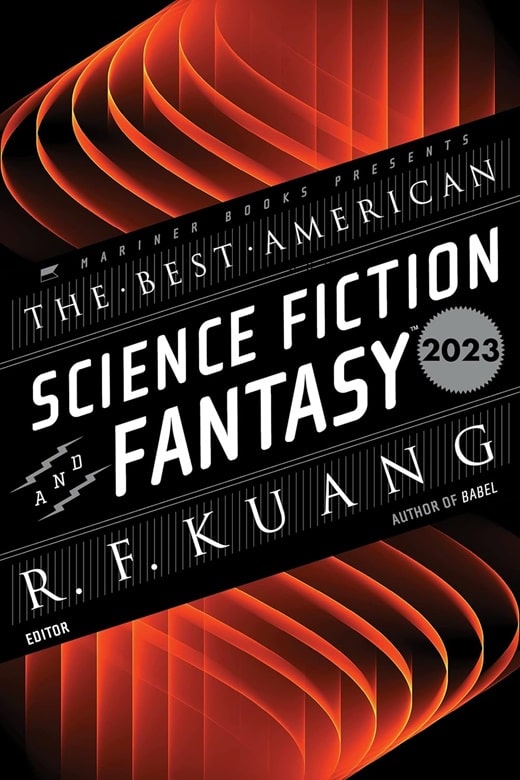A to Z Reviews: “The City of Silence,” by Ma Boyong
Over the past several years, the Anglophonic worlds has become more aware of the science fiction being published in modern China. This is due, in part, to the work and outreach being done by Science Fiction World, a magazine from China with a circulation of more than 130,000 as well as publishers like Neil Clarke who have sought out Chinese fiction to publish in translation.
Ken Liu, who has won multiple Hugo Awards, a Nebula Award, and a World Fantasy Award, has also worked to bring Chinese science fiction to English readers with his translation of Cixin Liu’s The Three Body Problem and the publication of the anthology Invisible Planets, which offered translations of a dozen short stories by seven Chinese authors. One of the authors included in the book is Ma Boyong, represented by his story “The City of Silence,” which Ken Liu translated into English.

